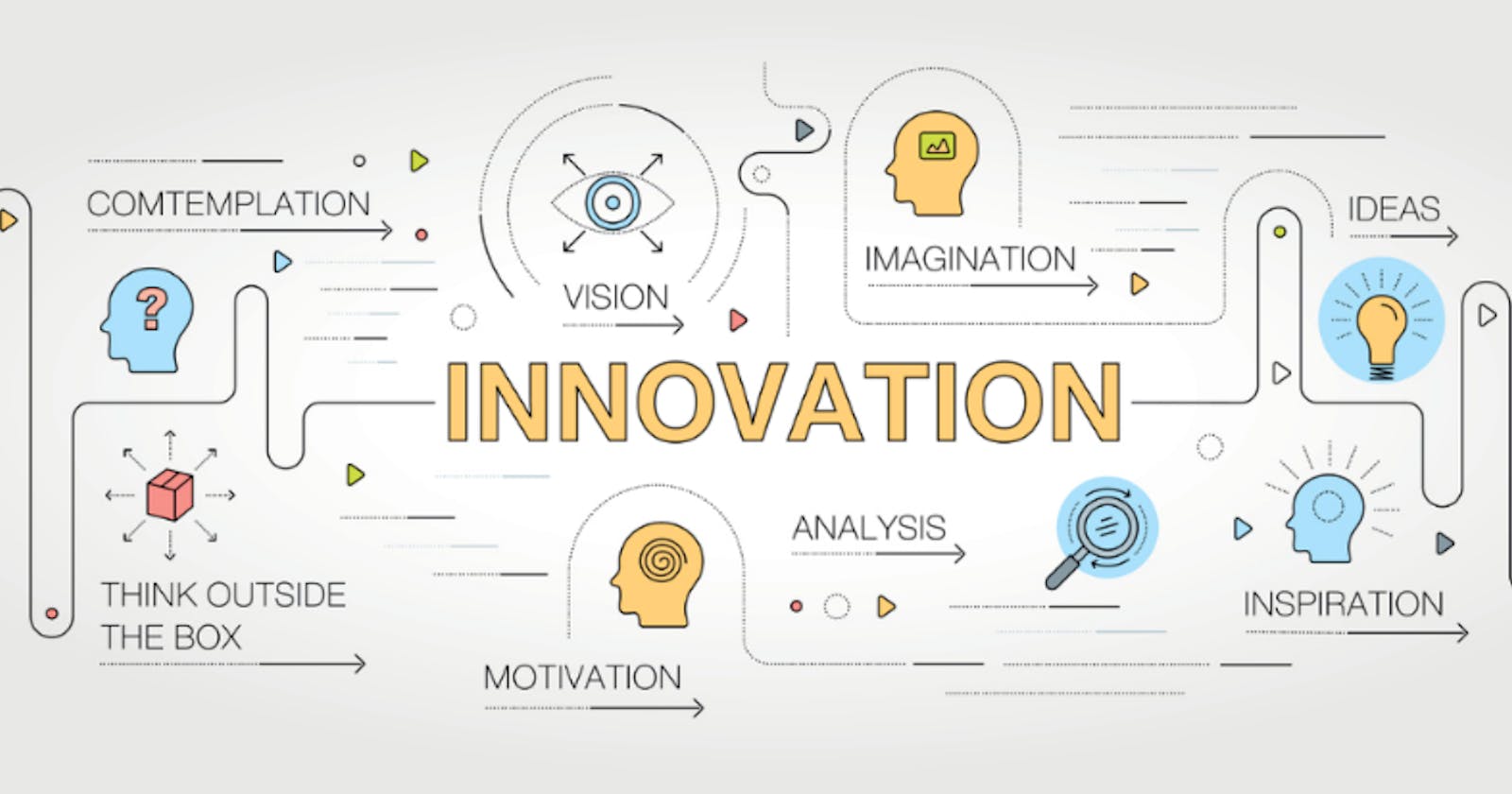1.1. What is innovation?
Innovation is the process of introducing new ideas, products, services, or methods that create value and address challenges in society. It involves finding creative solutions to problems, improving existing processes, or introducing entirely new concepts. Innovation is essential for progress and growth in various fields, from technology and healthcare to education and environmental sustainability.
Innovation plays a crucial role in addressing challenges by providing solutions that improve efficiency, enhance quality of life, and drive economic development. For example, advancements in renewable energy technology have helped combat climate change by reducing reliance on fossil fuels. Similarly, innovations in healthcare, such as telemedicine and personalized medicine, have improved access to medical services and treatments.
1.2. The Entrepreneurial Mindset
Successful entrepreneurs possess certain traits and characteristics that set them apart. These include:
Visionary Thinking: Entrepreneurs have a clear vision of what they want to achieve and are driven by their passion for their ideas.
Resilience: They are resilient in the face of challenges and setbacks, viewing failures as opportunities for growth and learning.
Risk-taking: Entrepreneurs are willing to take calculated risks and step out of their comfort zones to pursue their goals.
Adaptability: They can adapt to changing circumstances and market conditions, making necessary adjustments to their strategies as needed.
Creativity: Entrepreneurs think outside the box and are constantly seeking innovative solutions to problems.
Cultivating an entrepreneurial mindset involves developing these traits and embracing an attitude of continuous learning and improvement. This includes seeking feedback, staying open to new ideas, and being willing to pivot when necessary.
1.3. Social Entrepreneurship
Social entrepreneurship is a form of entrepreneurship that focuses on creating positive social or environmental impact alongside financial sustainability. Social entrepreneurs identify pressing social issues and develop innovative solutions to address them, often leveraging business principles and strategies.
Examples of successful social enterprises include TOMS Shoes, which pioneered the "One for One" model, providing a pair of shoes to a person in need for every pair sold, and Grameen Bank, which provides microfinance services to empower individuals living in poverty.
Social entrepreneurship plays a crucial role in driving positive change and addressing some of the world's most pressing challenges, such as poverty, inequality, and environmental degradation. By combining business acumen with a commitment to social impact, social entrepreneurs are creating innovative solutions that benefit society as a whole.
Africa, with its diverse landscape and rich cultural heritage, stands at a pivotal juncture in its development journey. To harness its full potential and propel itself forward, Africa urgently needs innovation and entrepreneurship to thrive. Across the continent, there are myriad challenges spanning from healthcare accessibility and education quality to sustainable development and economic growth. Innovation serves as a beacon of hope, offering transformative solutions to these pressing issues. By fostering a culture of creativity and ingenuity, Africa can unlock new opportunities for progress and prosperity.
Entrepreneurship, fueled by visionary thinking and resilience, empowers individuals to turn innovative ideas into impactful ventures, driving economic development and social change. Social entrepreneurship, in particular, holds immense promise in addressing Africa's most entrenched problems, such as poverty, inequality, and environmental degradation. Examples like TOMS Shoes and Grameen Bank demonstrate the power of business principles aligned with social impact to effect positive change. In this context, understanding and embracing innovation and entrepreneurship are not just aspirations but imperatives for Africa's growth and development.
By cultivating an entrepreneurial mindset and leveraging innovative solutions, Africa can chart a course toward a brighter and more inclusive future for all its people.
In conclusion, understanding innovation and entrepreneurship is key to addressing challenges and driving positive change in society. By cultivating an entrepreneurial mindset and embracing social entrepreneurship, individuals can become agents of innovation and contribute to building a better world.
